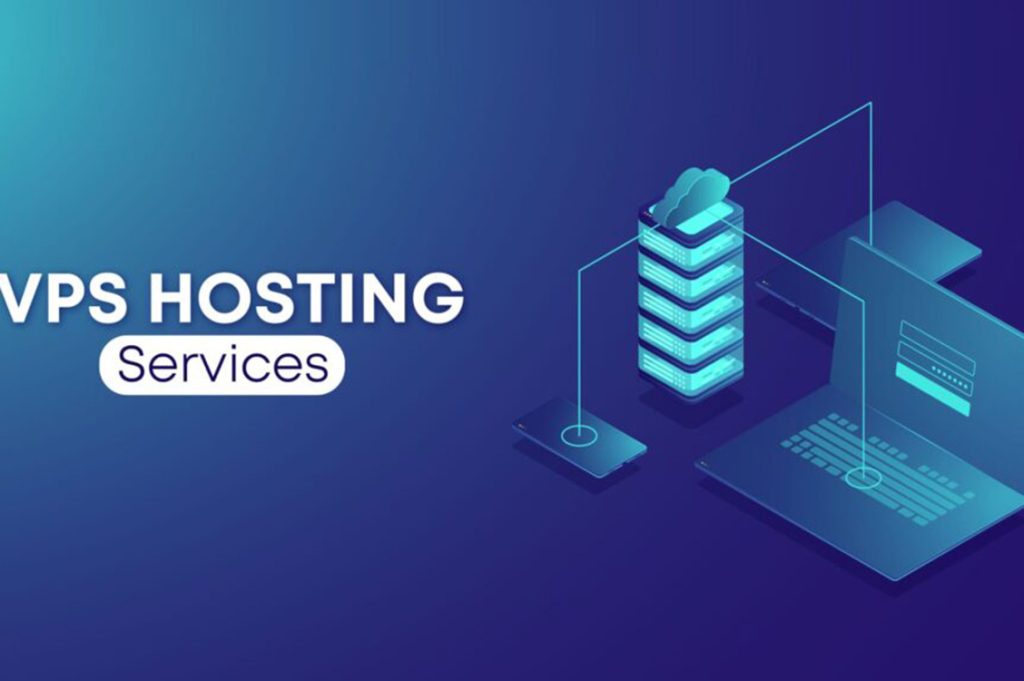Making Technology Work for Me: My Journey with Hosting, Servers, and Managed Services

Looking back at the early years when I first got into website building, I always thought that a “host” was just a place to store webpages—like a quiet storage cabinet, silently holding the content and images I uploaded. It wasn’t until one day when traffic suddenly spiked, page loading slowed drastically, and database connections frequently failed that I truly realized: hosting, servers, and managed services are the invisible foundation for every digital creator.
When I began to dive deeper into different hosting providers, testing their speed, security, and stability, I finally understood that “managed hosting” is not just about “keeping things for you.” It’s more like a systematic experiment of performance and trust. Among the many brands I tested, ScalaHosting left the deepest impression on me. It’s not just a hosting provider—it feels like a tech partner that truly understands its users.
1. From Shared Hosting to Cloud Servers: My Journey of Exploration
In the early days, I mainly used low-cost shared hosting. At that time, I didn’t care much about performance; I just wanted my site to run. That changed during a marketing campaign when my website crashed because too many visitors accessed it simultaneously. That moment made me realize that “shared” in shared hosting means limited resources and restricted performance.
Later, I tried VPS (Virtual Private Server), dedicated servers, and cloud hosting. Each type has its advantages:
- Shared Hosting: Low cost, suitable for beginners
- VPS Hosting: Independent resources, improved performance
- Dedicated Server: Full control, suitable for large websites
- Cloud Server: Flexible scalability, pay-as-you-go, highly stable
Among these, I ultimately chose the cloud hosting path. For content-driven websites, traffic fluctuates periodically, and the elasticity of cloud resources helps me save costs while improving speed.
It was around the time I decided to adopt cloud hosting long-term that I discovered ScalaHosting.
2. Why ScalaHosting? A Turning Point in Managed Hosting
I first came across ScalaHosting on an international tech forum. Its reputation, especially regarding speed and support, was consistently positive. So I decided to try their managed hosting service.
The registration process was smooth, and everything from selecting a plan to configuring the panel was very straightforward. What impressed me most was their self-developed SPanel control panel—a lighter, more efficient alternative to cPanel. This meant I no longer had to pay extra for expensive cPanel licenses while gaining faster operation.
Installing WordPress, setting up SSL, and creating email accounts all went much faster than on any host I had used before. The automation scripts provided by ScalaHosting made the whole deployment process almost “foolproof.”
I even felt that this was not just “hosting” but a form of “intelligent assistance.”
-1024x681.jpg)
3. Performance Testing: Speed Speaks for Itself
I’ve always believed that the most direct way to evaluate a host is through testing. I ran multiple rounds of tests using GTmetrix, Pingdom, and Google PageSpeed Insights.
The results showed:
- ScalaHosting’s cloud managed hosting had an average loading time of only 0.9 seconds in the US and about 1.2 seconds in Europe
- The site uptime remained at 99.99% over 30 consecutive days
- Even during peak hours with more than 300 simultaneous visitors, the site remained stable
These numbers completely eased my concerns about performance.
More importantly, ScalaHosting’s servers use SSD storage and LiteSpeed technology, which are several times faster than traditional Apache setups. For someone like me who values fast loading of image-rich content, speed is everything.
4. Security: The Invisible Shield of Managed Hosting
Hosting is not only about storage; it’s the security backbone of your site.
I once experienced a hack due to a security vulnerability in a cheap hosting provider. Since then, I’ve been extra cautious about security.
ScalaHosting excels in this area. They provide real-time malware protection and automatic daily backups for every site. Their SShield security system can detect and block up to 99.98% of online attacks in real-time.
Once, I tested uploading a file with a suspicious script (for research purposes only), and the system immediately blocked it and sent an alert. This gave me full confidence in ScalaHosting’s security capabilities.
5. Technical Support: What True 24/7 Means
For website operators, the scariest thing is when something goes wrong in the middle of the night.
I’ve contacted support teams of other hosts late at night, only to get no response or mechanical replies.
But with ScalaHosting, I experienced true “around-the-clock support.”
Whether day or night, the support staff responded promptly and with real technical expertise—not canned answers, but solutions tailored to my site configuration.
I recall a time when I faced encoding issues during a database migration; the ScalaHosting team not only helped locate the problem but also assisted in optimizing the database structure. That’s when I realized that good managed hosting is not just about providing servers—it’s about peace of mind.
6. Pricing and Value: Reasonable Investment, Stable Returns
Regarding pricing, ScalaHosting’s plans are not the cheapest, but in terms of balancing performance, security, and service, they offer excellent value.
Their cloud VPS starts at around a dozen dollars per month and includes SPanel, automated backups, security features, and email services.
If you were to compare these features with other hosting providers, you’d often pay two or three times as much.
I am currently using the ScalaHosting Cloud VPS plan, which has been running steadily for over a year without downtime or major issues. For a content-driven website, this stability is the greatest value.
7. Who Should Use ScalaHosting? My Recommendations
Through using ScalaHosting, I’ve found it particularly suitable for the following groups:

- Content creators and bloggers
No advanced server management skills required; SPanel is easy to use
Managed hosting lets you focus on content rather than technical details - Small and medium business websites or online stores
ScalaHosting’s cloud VPS has enough performance to support e-commerce systems with high security
Automated backups reduce data risk - Developers and freelancers
Full customization of server configurations, support for SSH, Git, Cron Jobs
Can host multiple independent projects for clients
8. What I Learned from Managed Hosting
I used to think “managed hosting” simply meant “paying someone to take care of things.”
But after using ScalaHosting, I realized it’s more like a “relationship of trust.”
They not only provide servers but also help users solve problems, save time, and enhance experiences.
In today’s competitive online environment, such partnerships are particularly valuable.
When I see my site loading quickly and the database rock-solid, I realize:
Managed hosting is not just about handing over the server; it’s about entrusting efficiency and peace of mind.
9. Choosing a Host That Makes Life Easier
If you are looking for a host that can run reliably over the long term while balancing speed and security, I highly recommend exploring ScalaHosting.
Whether it’s their shared hosting, cloud VPS, or dedicated managed server services, all have proven to be mature and reliable.From performance to support, from security to usability, every aspect of ScalaHosting has earned my trust.
In today’s fast-paced digital world, the hardest thing is not finding the cheapest service, but finding a partner that can grow with you.
For me, ScalaHosting is exactly that partner.


